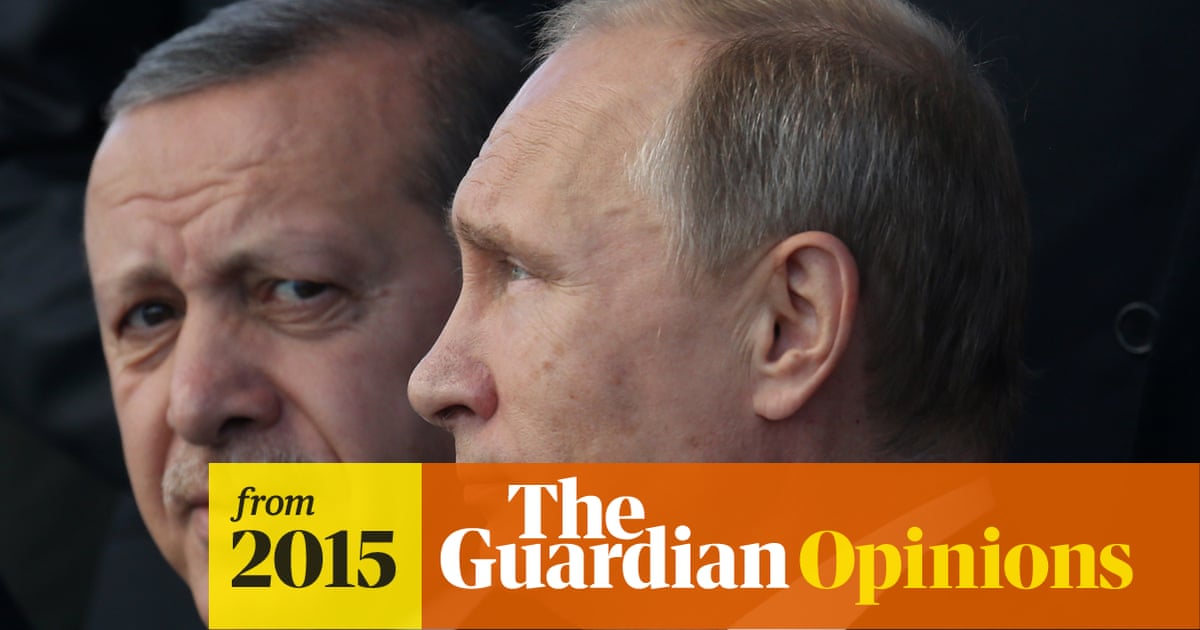Re: Regional geopolitics
Saudi Owned Arabsat Bans Al-Manar and Al-Mayadeen
BY LEITH FADEL
DECEMBER 7, 2015
The Saudi-owned “Arabsat” broadcast network has banned both Al-Mayadeen News and Al-Manar News from their list of channels that are offered in their dish package.
This deliberate refusal of service comes just days after the Saudi Regime issued a list of Lebanese citizens that were banned from entering Saudi Arabia due to their alleged affiliation with Hezbollah; this aforementioned organization is considered a terrorist group in Saudi Arabia.
The Saudi regime has made it apparent that they will not tolerate any news coverage of the Yemen War if it contrasts their own political agenda.
Recently, Al-Masdar News joined the list of banned websites in Saudi Arabia after our coverage of the Yemen War.
Saudi Owned Arabsat Bans Al-Manar and Al-Mayadeen
BY LEITH FADEL
DECEMBER 7, 2015
The Saudi-owned “Arabsat” broadcast network has banned both Al-Mayadeen News and Al-Manar News from their list of channels that are offered in their dish package.
This deliberate refusal of service comes just days after the Saudi Regime issued a list of Lebanese citizens that were banned from entering Saudi Arabia due to their alleged affiliation with Hezbollah; this aforementioned organization is considered a terrorist group in Saudi Arabia.
The Saudi regime has made it apparent that they will not tolerate any news coverage of the Yemen War if it contrasts their own political agenda.
Recently, Al-Masdar News joined the list of banned websites in Saudi Arabia after our coverage of the Yemen War.








Comment